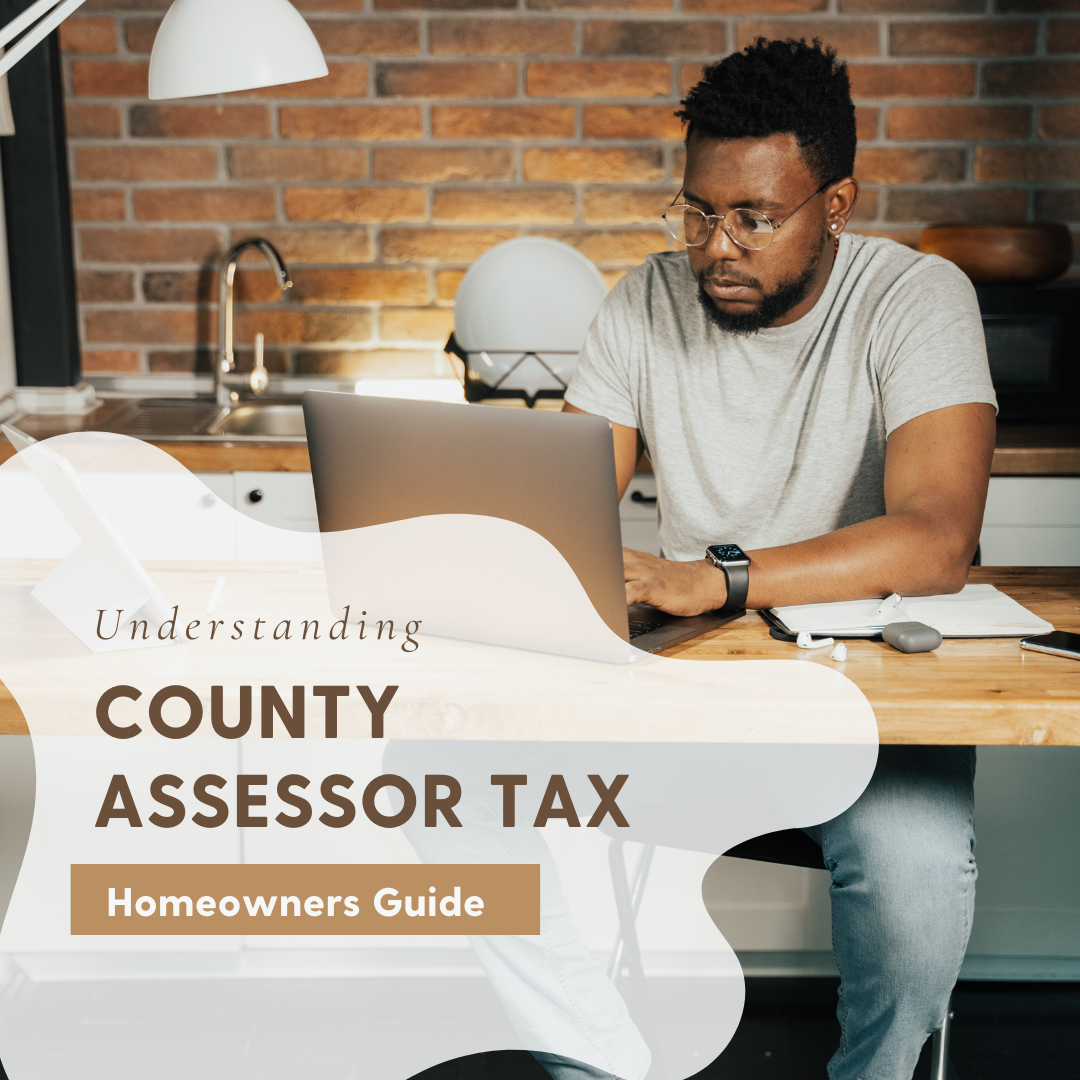Property Tax Assessment
As a homeowner, it is important to grasp the concept of county assessor taxes in order to effectively manage your finances and comply with local tax regulations. The county assessor plays a pivotal role in determining your annual property tax payments. I will highlight the essential aspects of county assessor assessments. Including their calculation methods, purpose, and important considerations for homeowners. By acquiring knowledge about county assessor taxes, you will be empowered to make informed decisions and adequately prepare for your property tax responsibilities.
What are Property Taxes?
Property taxes, are charges imposed by local governments on real estate properties. These taxes provide funds for public services and infrastructure projects, like schools, roads, safety, and parks. The amount you owe in county assessor taxes is based on your property’s assessed value and the tax rate set by your local government.
How are County Assessor Taxes Calculated?
County assessor taxes are calculated by multiplying your property’s assessed value with the applicable tax rate. The assessed value is determined by the county assessor’s office, which evaluates your property’s market worth. Meanwhile, the tax rate is set by the local government and can fluctuate based on factors like your municipality, school district, and other local tax entities.
Factors Affecting County Assessor
Several factors can impact the amount of taxes you owe, including:
– Property value: The assessed value of your property, which can change due to market conditions, renovations, or improvements.
– Exemptions and deductions: Some places offer exemptions or deductions that can lower your property tax burden, like exemptions for primary residences or credits for energy-efficient upgrades.
– Tax rate changes: The tax rate can go up or down each year based on decisions made by the local government and their budget needs.
– Local assessments: Additional assessments, such as those for special infrastructure projects, can affect your overall tax obligation.
Important Considerations for Homeowners:
– Stay informed: Keep track of local tax policies, assessment practices, and any changes that could impact your property taxes. Regularly review your property assessment for accuracy.
– Exemptions and deductions: Research and take advantage of any available exemptions or deductions that might reduce your tax liability.
– Budgeting: Include property taxes in your financial plans. Set aside money throughout the year to cover your tax obligations.
– Appeal process: If you think your property assessment is incorrect, you might be able to appeal it. Learn about the local appeal process and the deadlines involved.
Homeowners must understand county assessor assessments to handle property tax responsibly. By acquiring knowledge about county assessor taxes, their calculation methods, and influencing factors, homeowners can make informed decisions. Staying aware of local tax policies, exploring exemptions and deductions, and planning one’s budget are essential. Seeking personalized guidance from tax professionals or the local assessor’s office can provide valuable advice for specific circumstances.

 Facebook
Facebook
 X
X
 Pinterest
Pinterest
 Copy Link
Copy Link
